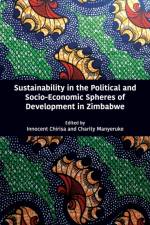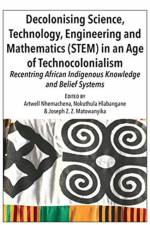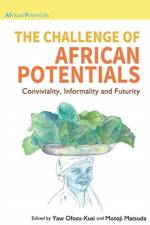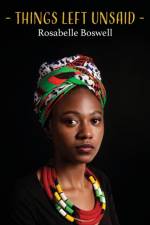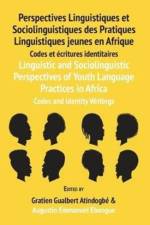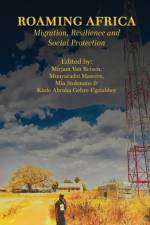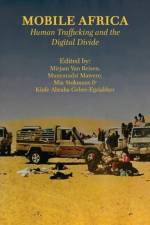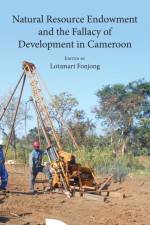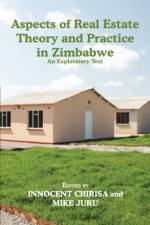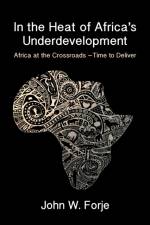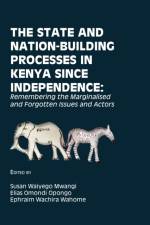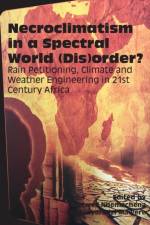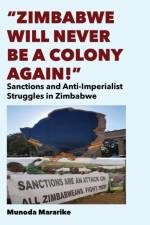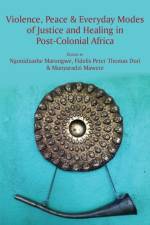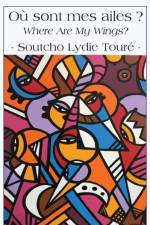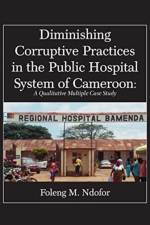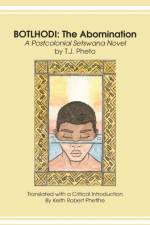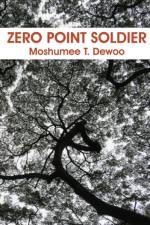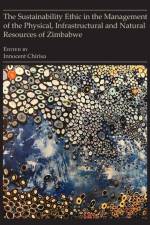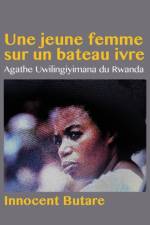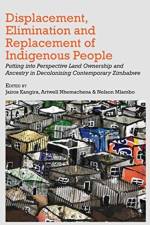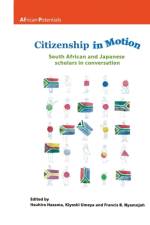- Rain Petitioning, Climate and Weather Engineering in 21st Century Africa
691
Highlighting the problematiques of working with a narrow version of greenhouse effects or global warming, this book posits the theory of necroclimatism that encompasses broader versions of greenhouse effects and global warming. Conceiving cultures, societies, moral sensibilities, epistemologies, polities, economies, legal systems and religions of the formerly colonised peoples as greenhoused and entrapped in the heat of global apartheid and neo-colonialism, the book refuses to be confined to the pufferies of physical conceptualisations of greenhousing and global warming. Underlining the supposed disposability and dispensability of colonised peoples, the notion of necroclimatism explicates ways in which some people suffer various forms of death, which have increasingly become a feature of global apartheid and neo-colonialism that are cast in spectral sacrificial logics. Deemed to constitute disposable bodies, disposable cultures, disposable polities, disposable societies, disposable epistemologies, disposable religions, disposable laws and disposable economies, the sacrificed are, in the age of climate catastrophism, once again reminded that they 'have duties to die', to become extinct in order to save the global spaceship that is sinking due to climate change and global warming.This book therefore argues that in a sacrificial world (dis)order, binaries between humans and animals, good and evil, moral and immoral, the dead and the living necessarily vanish in the nefarious logic of what marks the era of climate catastrophism and the attendant necroclimatism. The book further argues that a sacrificial world (dis)order is necessarily a posthumanist and postanthropocentric world (dis)order, which should be never granted space in African worlds and even beyond. The book thus, raises fundamental questions for African anticipatory regimes, and for this reason it is handy for scholars in political science, sociology, social anthropology, development studies, environmental studies, agricultural studies, legal studies, food science, geography, religious studies and decolonial fields of studies.

